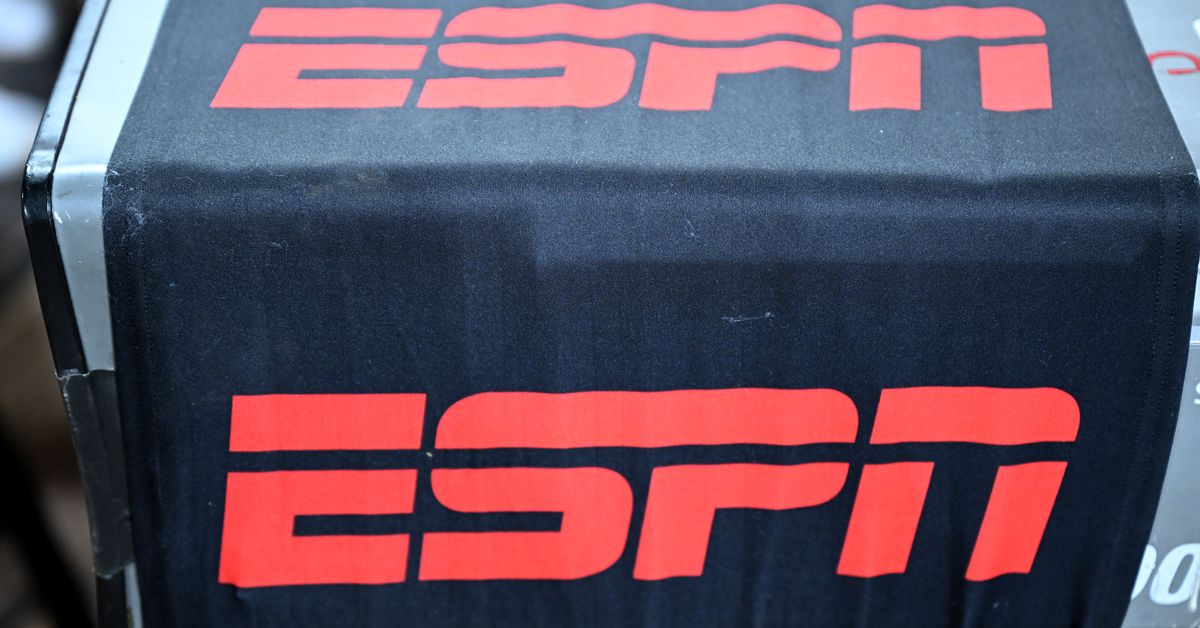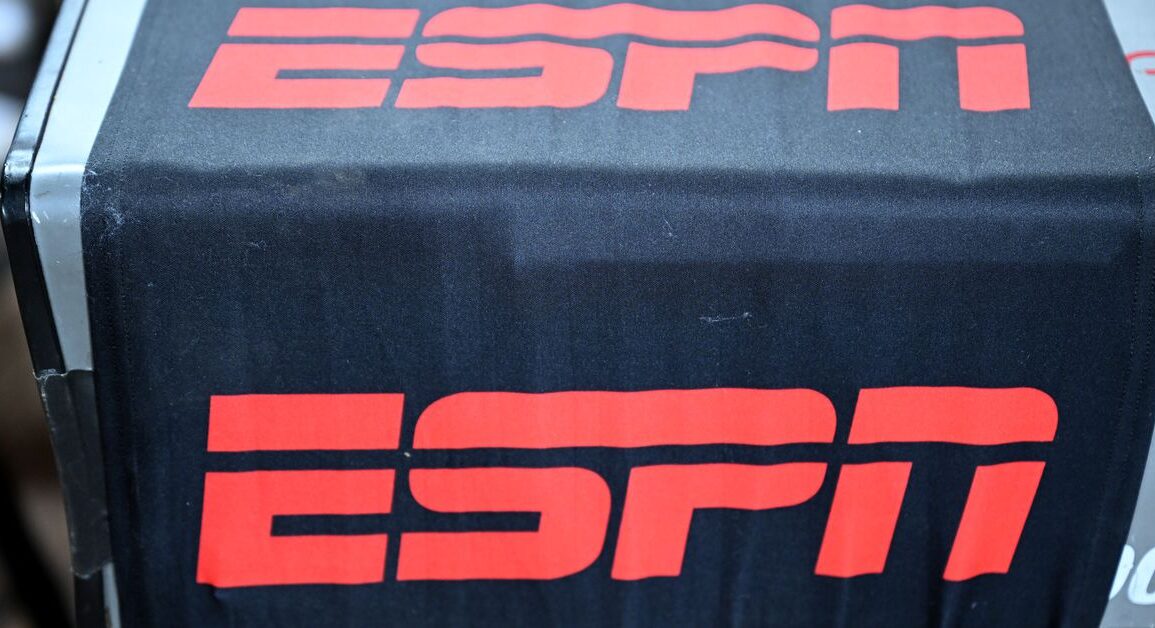
Thursday night may have marked the beginning of the end of an era. That evening, ESPN and Major League Baseball announced that the pair had jointly decided to end their television agreement after the conclusion of the 2025 season — a full three years early. In simultaneous statements, both sides essentially blamed the other, with ESPN believing that their $550 million in licensing fees were too expensive and MLB pointing to the fact that ESPN has been reducing its baseball coverage pretty much every year. While Evan Drellich of The Athletic noted the possibility of the two sides coming together on a new agreement, there’s a very real chance that, starting in 2026, there will be no nationally-televised baseball games on baseball for the first time since 1990.
I’ll admit, I’m not the biggest fan of ESPN in recent years. Aside from hiring David Cone as an analyst for Sunday Night Baseball, their coverage of baseball has been less-than-stellar, centering their broadcasts not on the way that the modern game is played and analyzed, but on a series of in-game interviews. Furthermore, both SportsCenter and their sports talk shows essentially act as advertising for the games that they carry, and vice versa: it was a running joke on the Villanova University campus during their 2018 NCAA tournament run that ESPN refused to acknowledge the school as a true contender because the Big East played on FOX, not ESPN. Add on the fact that Baseball Tonight hasn’t been a thing in eight years, and it’s easy to see why the network just doesn’t hold the same appeal to me at the age of 28 as it did in 2005 when I was eight.
Despite my misgivings about ESPN in general, I cannot help but see the MLB/ESPN divorce as anything but a bad thing for the game of baseball. For starters, for better or for worse, not only is ESPN the flagship sports network in America, it is also highly convenient. No matter who Major League Baseball gets to replace their coverage of Sunday Night Baseball, the Home Run Derby, and the Wild Card round of the playoffs, that network will almost certainly receive fewer viewers than ESPN did — especially if the league decides to forego a deal to keep it on cable and instead signs an exclusive-rights deal with a streaming service.
More significant than simple viewership, however, is the potential implications that the collapse of this deal will have on the upcoming Collective Bargaining Agreement. As we all remember, the most recent CBA, which went into effect in March 2022 and will expire after the 2026 season, came at the end of an unnecessary lockout and saw intense negotiations, as the league in essence attempted to bust the players’ union. Early indications suggest that the next round will be just as intense, with Rob Manfred already starting the PR battle in recent weeks by calling a potential lockout a “positive.”
If things were already fraught, with owners seem determined to decrease spending by implementing a salary cap system of some kind, can you imagine how much worse it will be once you remove the $550 million ESPN had been paying to the league for the right to broadcast Major League Baseball games? Sure, in theory, the league could recoup that money on a contract with another network, but in practice, that’s not likely to happen. The league gave away the rights to Friday night baseball to Apple for only $85 million, and accepted $10 million from Roku to broadcast Sunday morning games that, frankly, most people seem to forget about. In an attempt to squeeze as many pennies out of as many time slots as possible, Manfred and the league offices devalued their most valuable time slot. They’ll get some of that money back, but not all of it — and whether the owners or the players will be the ones to pay the difference will add fuel to the next round of negotiations.
I hope that, at the end of the day, I’m wrong, that Major League Baseball figures it out and turns this into an opportunity to expand the game. Given recent trends, though, I wouldn’t bet on it.
This post was originally published on this site be sure to check out more of their content.







